Defining spirituality?
“Spiritual development relates to fundamental questions about the meaning and purpose of life which affect everyone and is not dependant on a religious affiliation.” (Ofsted)
Spirituality is a very personal experience. It differs from person to person and often spirituality changes within people during their lifetime. Spirituality is not the same as having a religion or faith; a person can be spiritual without having a particular faith. Spiritual development is not about becoming, more spiritual (in a measurable or expansive sense). It is about realising or becoming more and more aware of one’s natural, innate spirituality.
You do not need to be religious to grow spiritually.
The Doughnut and the hole (Liz Mills)
Imagine a doughnut
This delicious treat is us as a person, our body, mind and spirit, which includes the precious hole in the middle. While the soft, sweet outer ring can be easy to explain, the important inner space is often harder to understand but is equally important to the ‘whole’ of the doughnut.
It is the space inside the doughnut where our spiritual self lives; where our beliefs, faith and ideas support us to share our outer selves with the world.
Spiritual development focuses on relationships and connectedness; relationships with ourselves, others, the world and beyond. It helps us have an understanding that there is something greater than self.
.jpg)
A framework for a common reflective structure for spirituality
A focus on spirituality enables our children to be happy, to flourish and to live life in all its fullness.
As a school, we have chosen to use the Windows, Mirrors, Doors concept as a common reflective structure for spirituality: Windows (nursery and older children), windows and mirrors (nursery and reception), windows, mirrors and doors (Year 1 and older children).
.jpg) Spiritual development will happen in all aspects of school life and beyond. There will be opportunities in the classroom woven throughout our curriculum, there will be space and time given during our collective worship and PSHE learning. We are committed to modelling, leading and supporting all of our school community to enjoy and appreciate the strength and faith in oneself that spirituality can bring.
Spiritual development will happen in all aspects of school life and beyond. There will be opportunities in the classroom woven throughout our curriculum, there will be space and time given during our collective worship and PSHE learning. We are committed to modelling, leading and supporting all of our school community to enjoy and appreciate the strength and faith in oneself that spirituality can bring.

Windows, mirrors and doors are displayed within our classroom reflection areas. Teachers and children add to this display examples (categorised using windows, mirrors and doors) from our planned curriculum and other incidental opportunities. This gives teachers and children a common language to discuss spirituality.
Spirituality at home
Here are some resources for parents and carers to use at home to help further develop children's spirituality.
This is a short animation to explain spiritual development for children and their families-
Spirituality video for parents and carers
To accompany this video there is a further document to read -
This is a short video to help guide and/or start conversations at home about spirituality -
To accompany this video there is a further document to read -
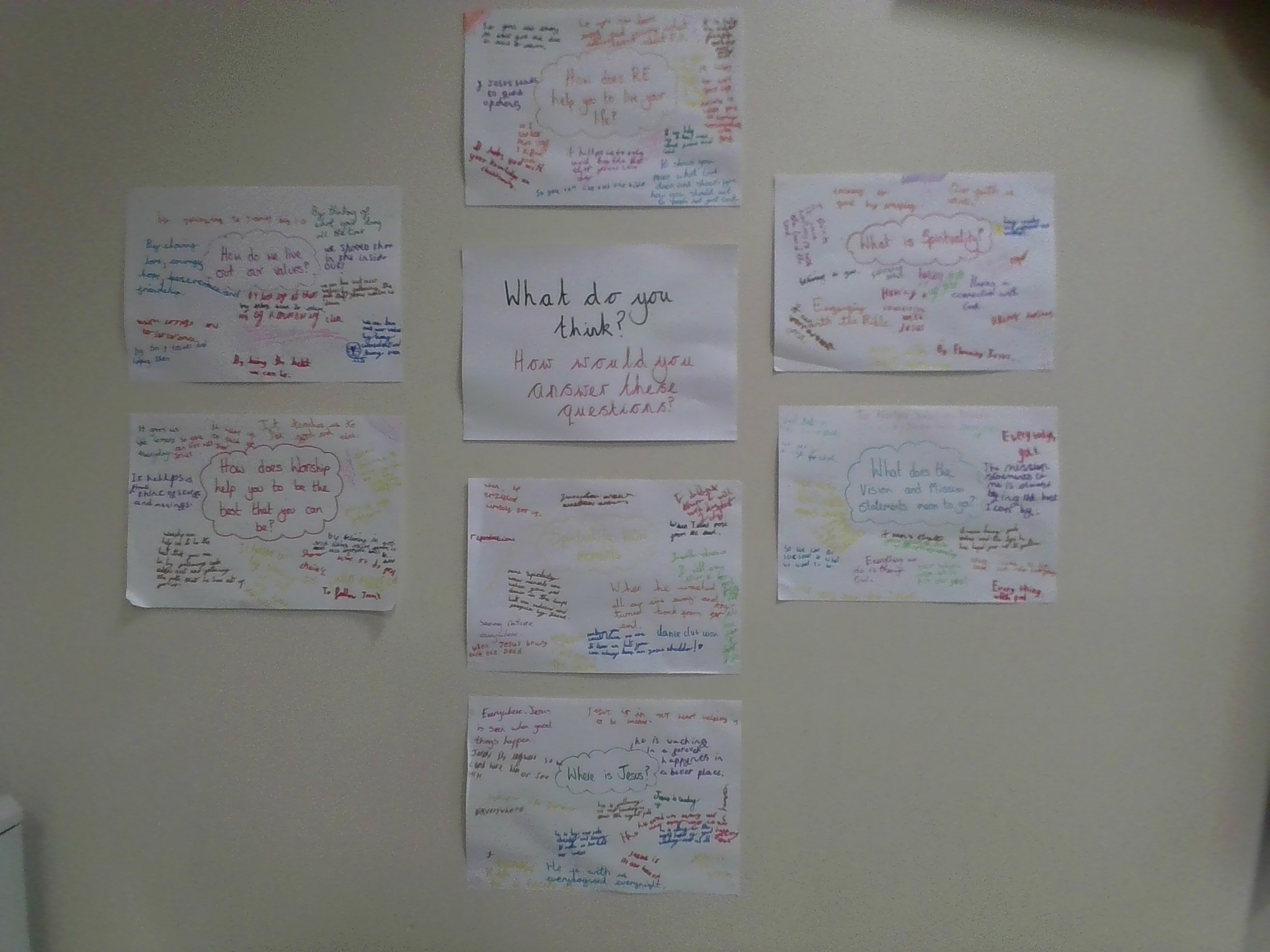
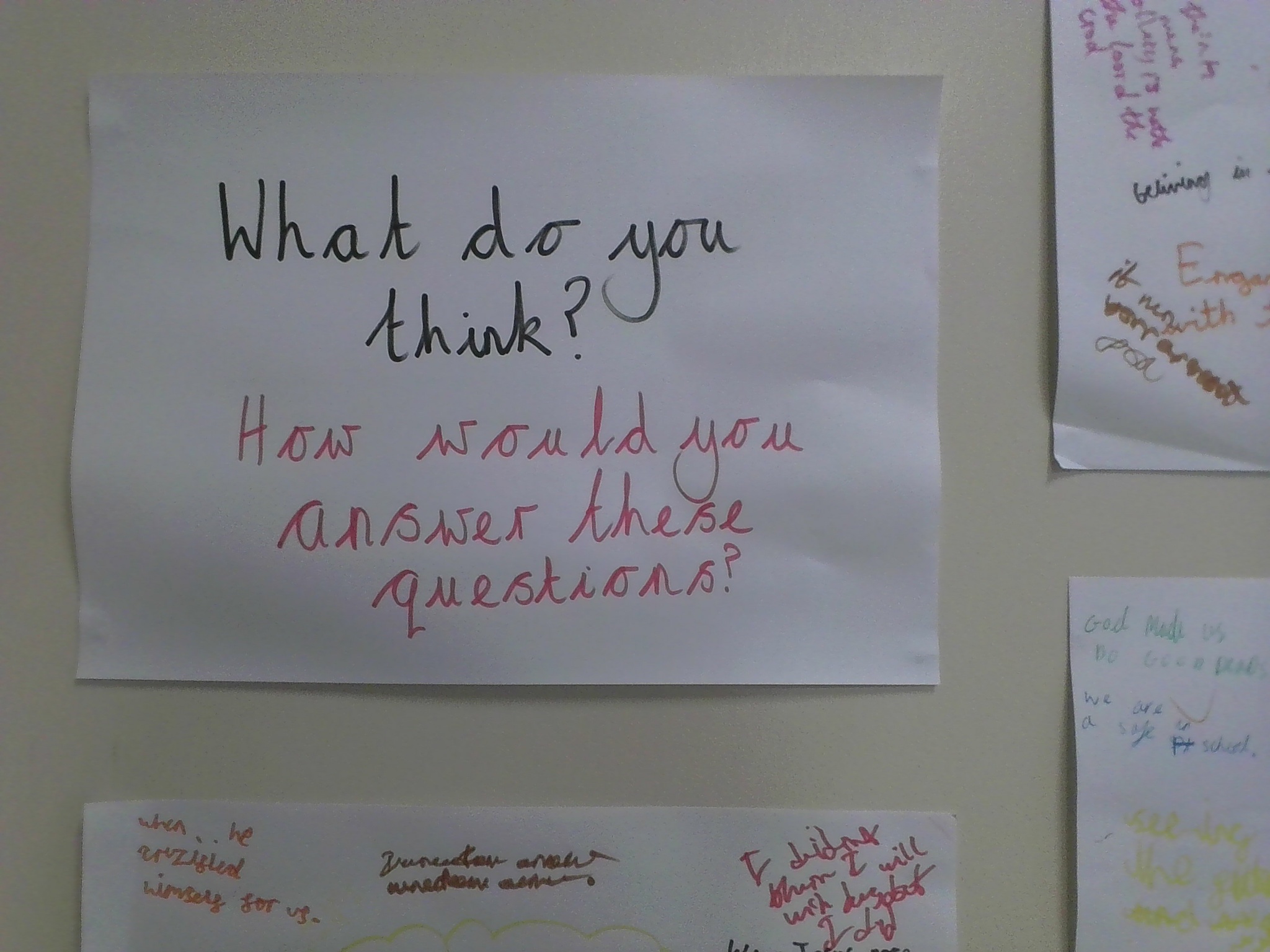
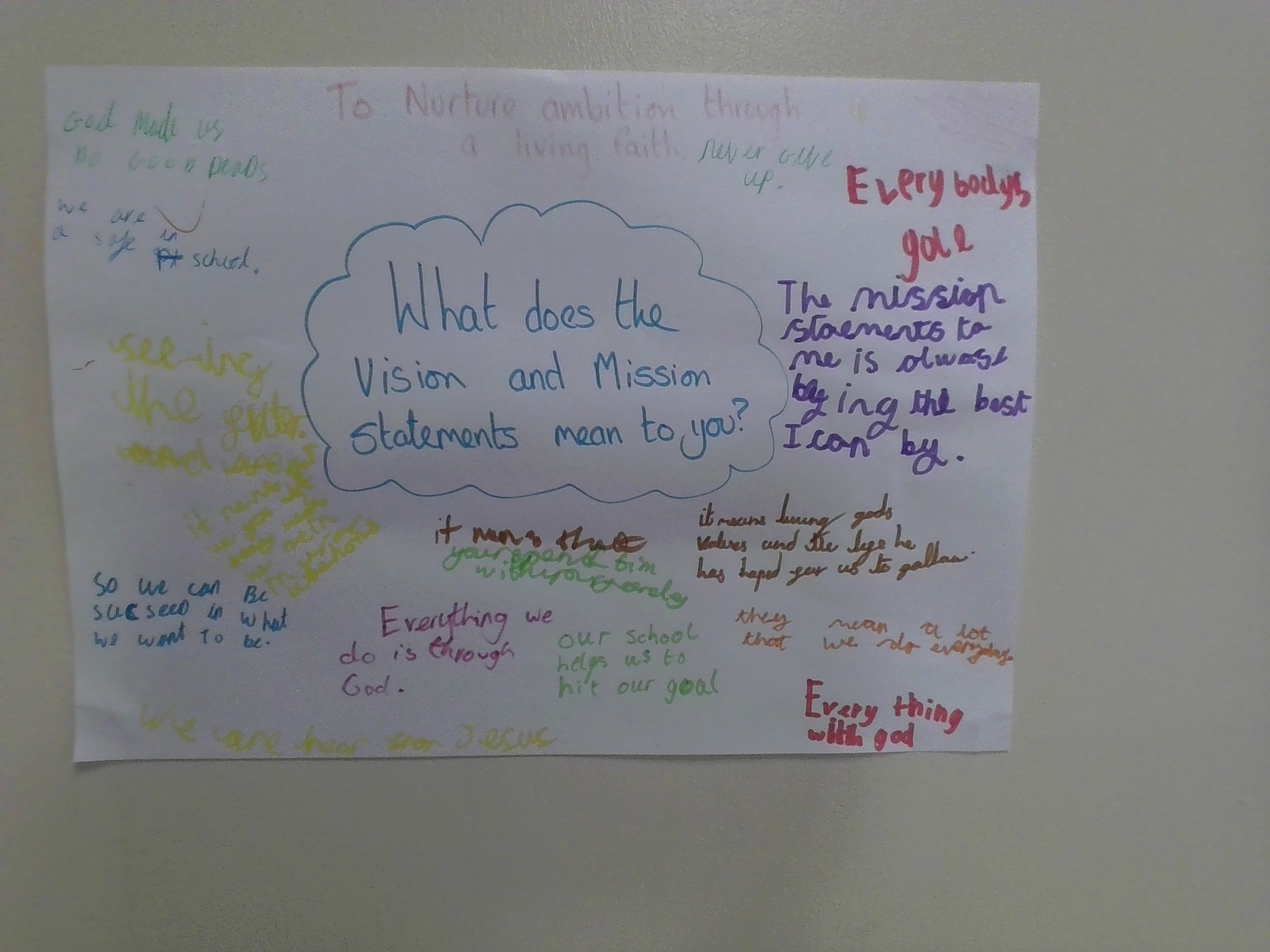
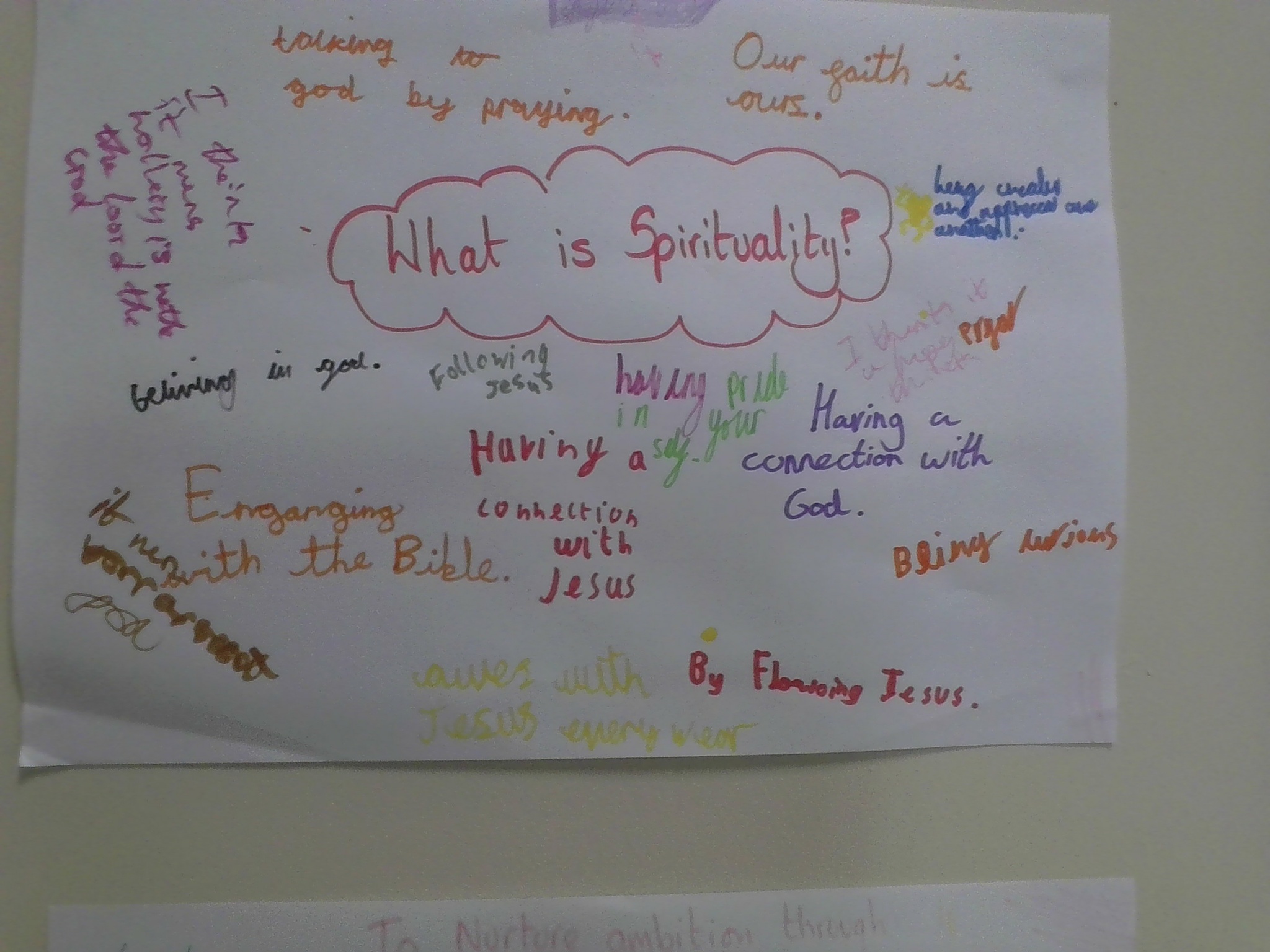
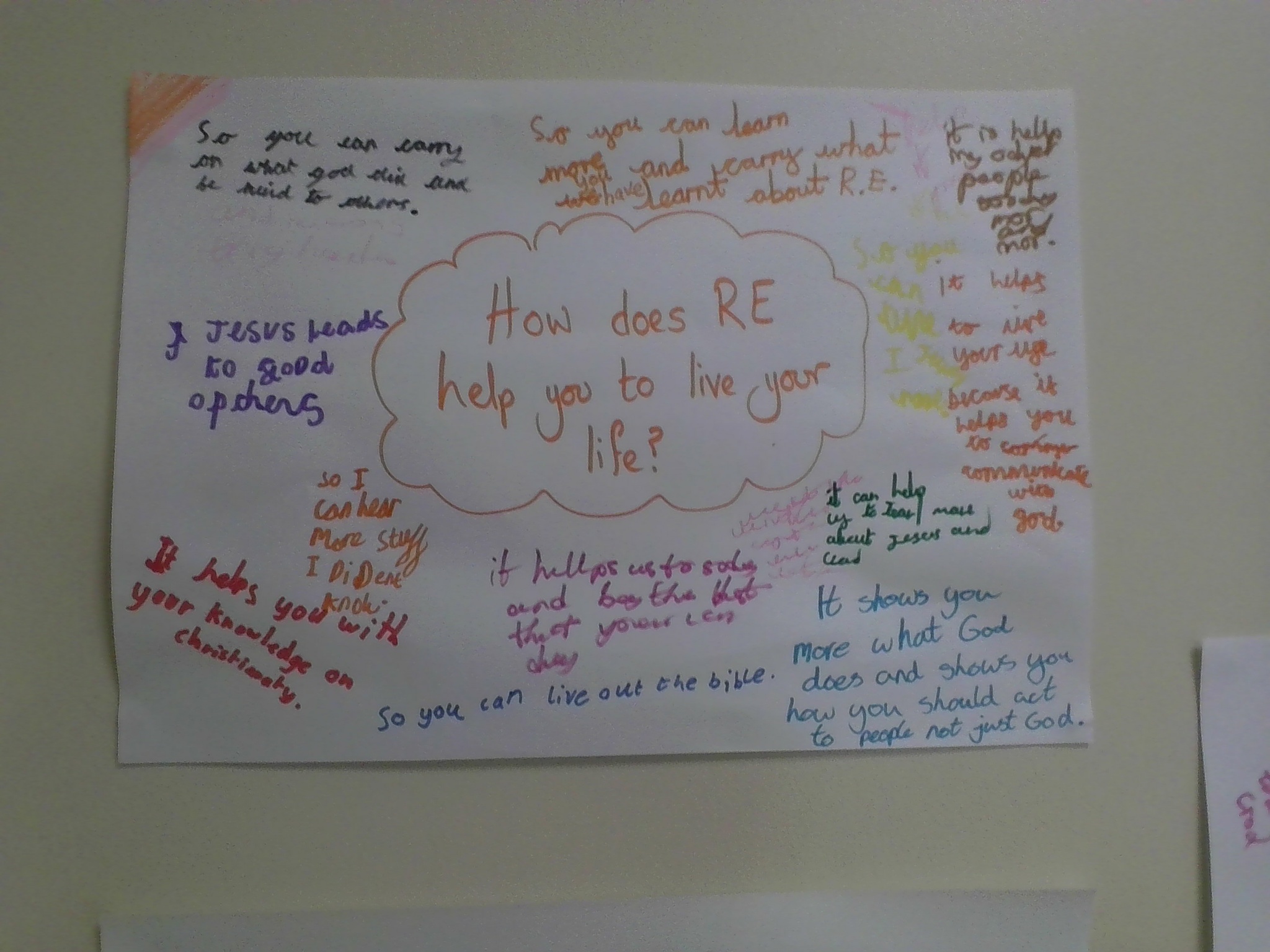
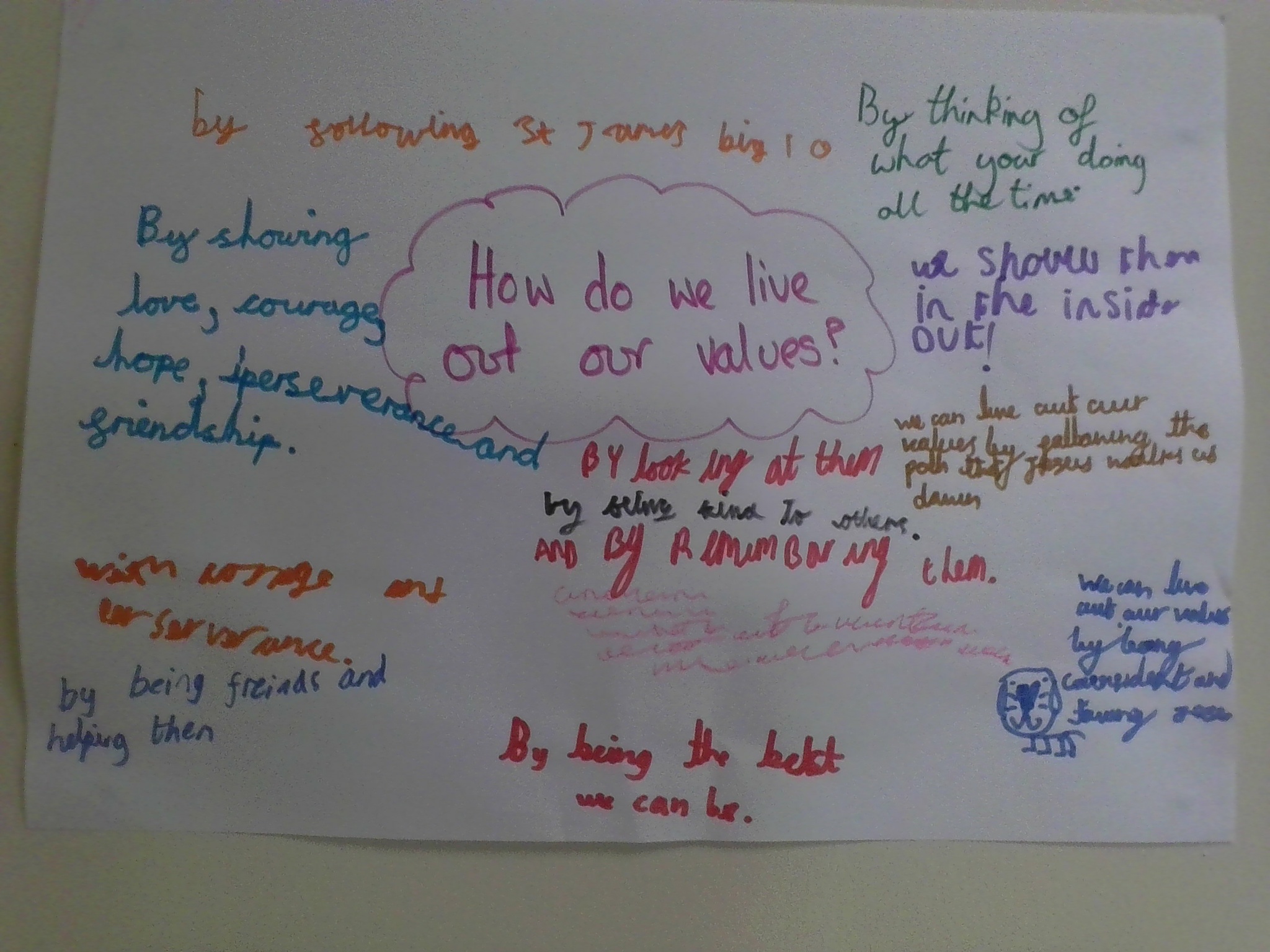
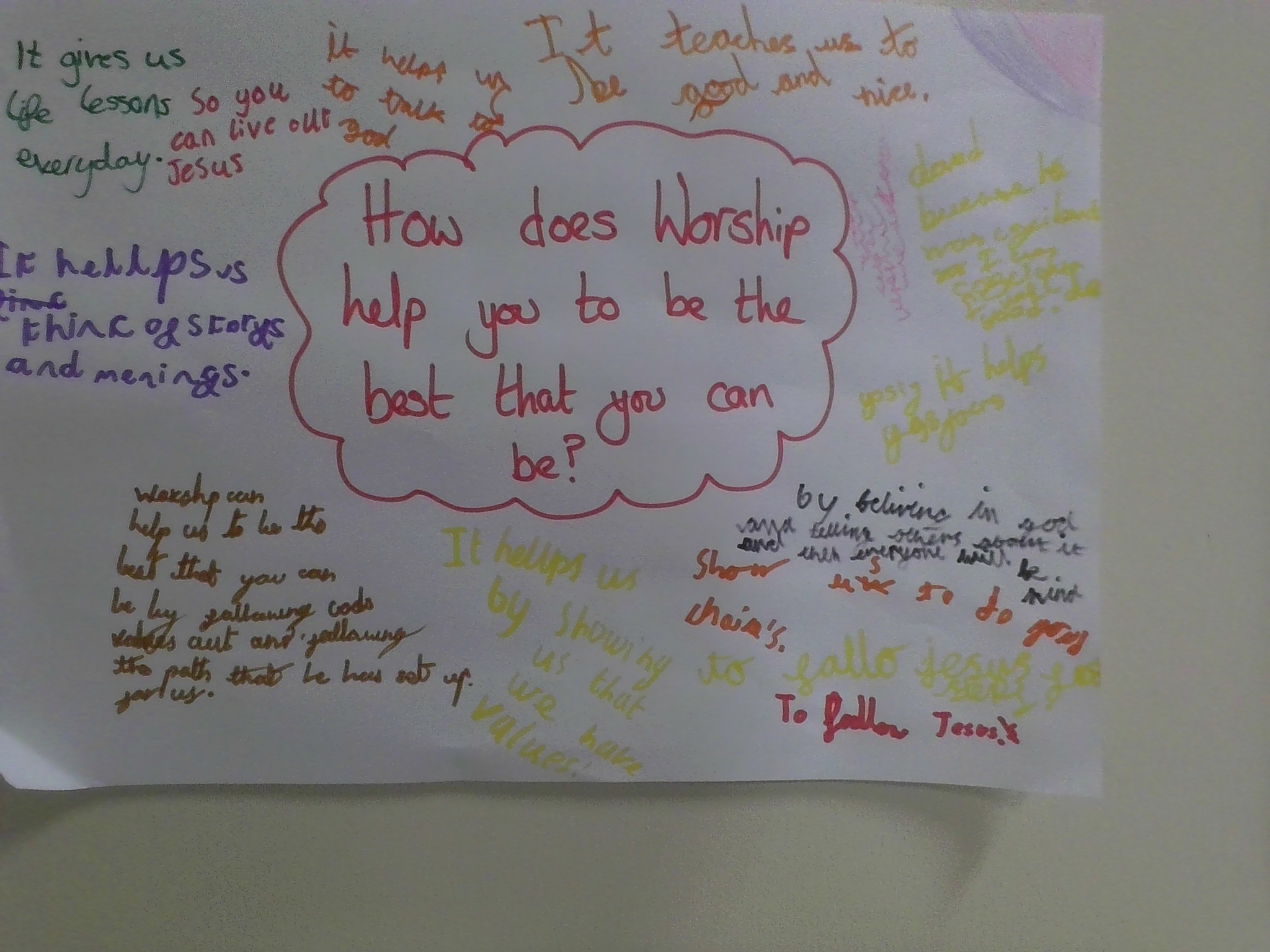
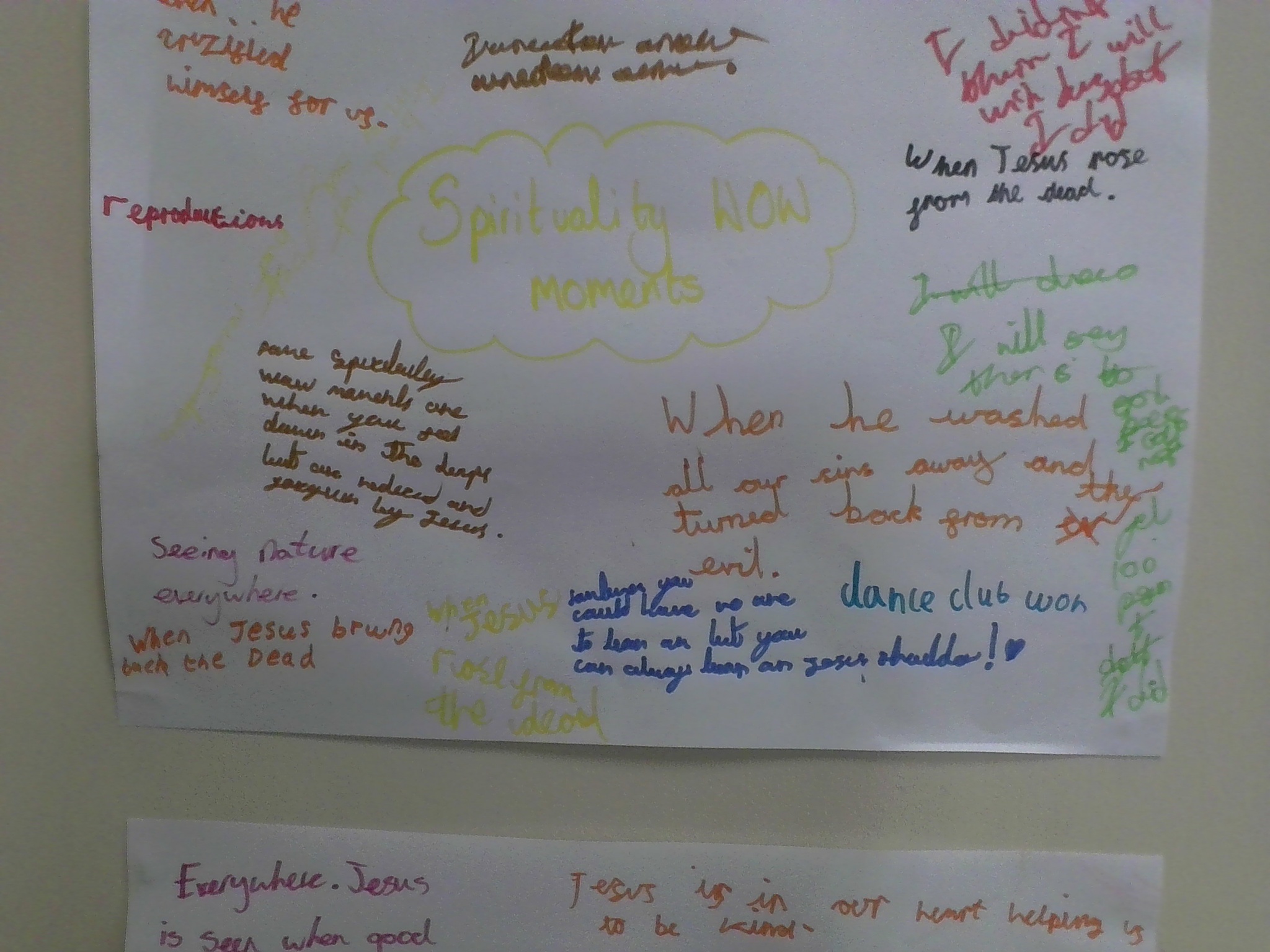
.jpg)
.png)

